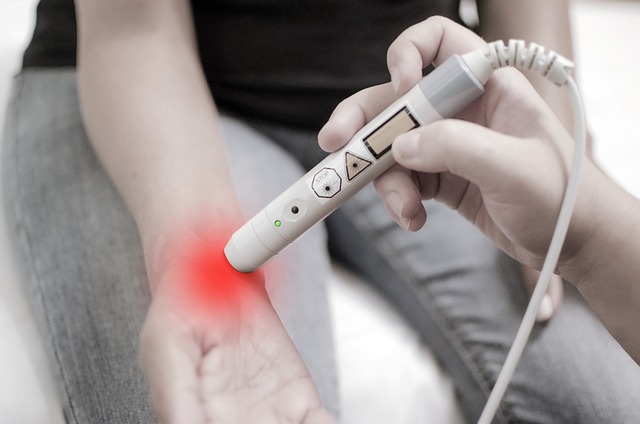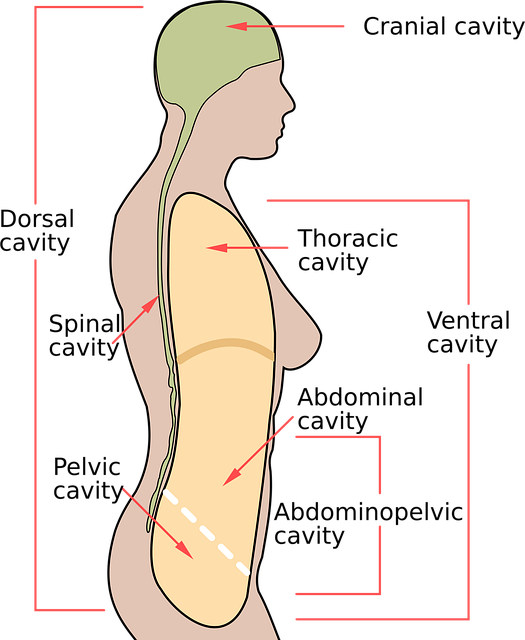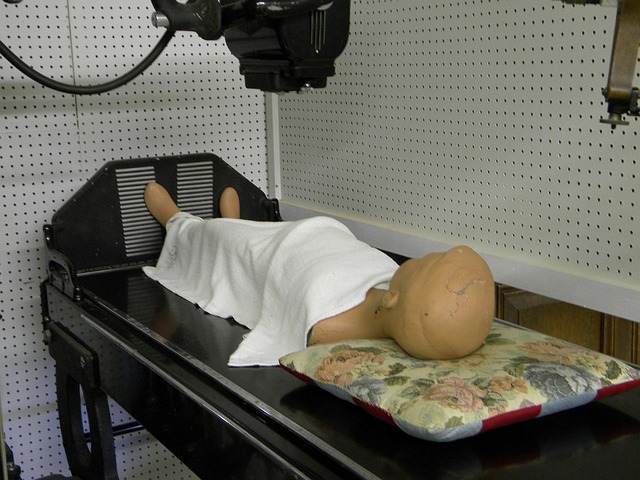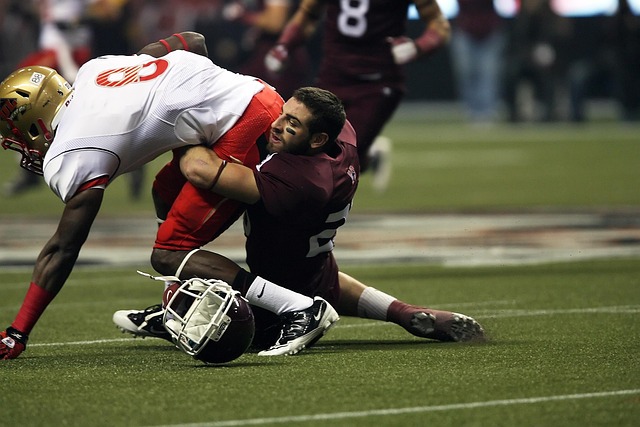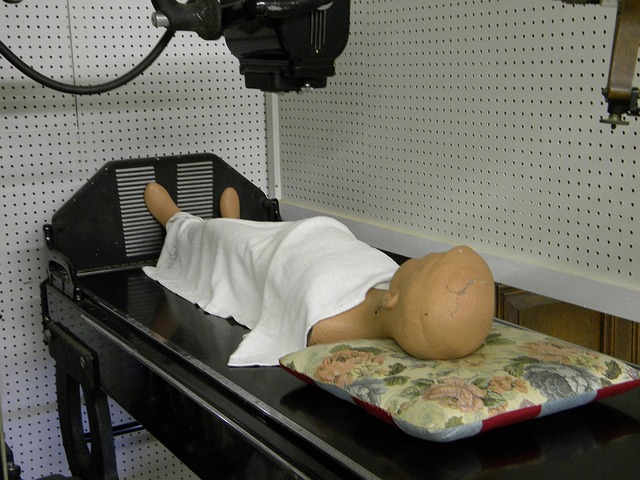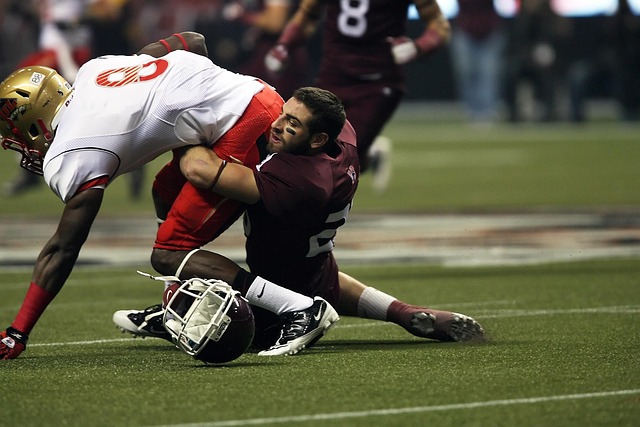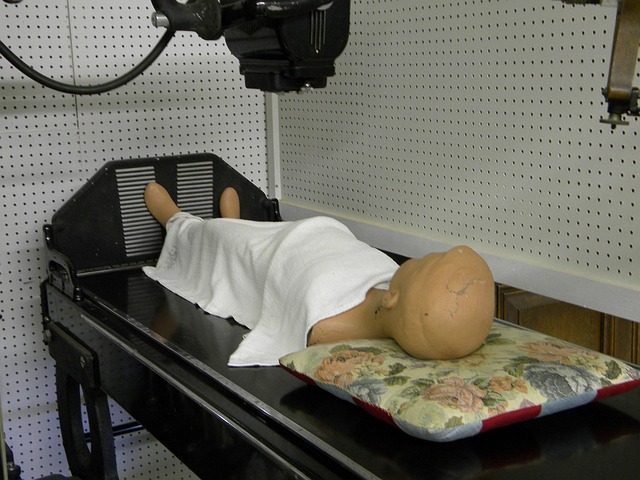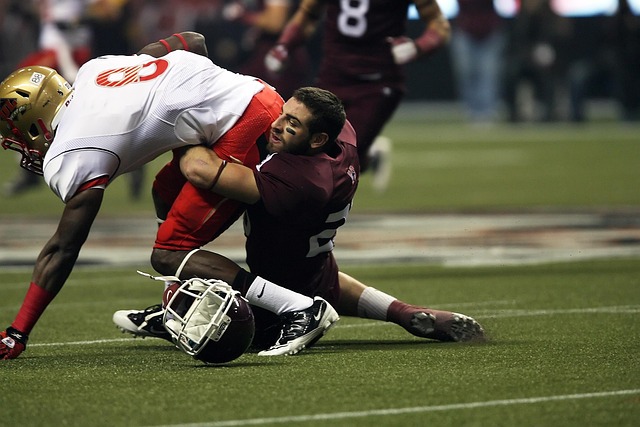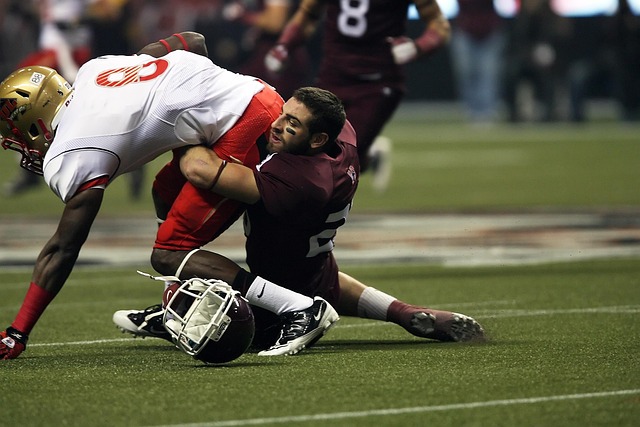Chiropractic treatment for concussion injury offers a safe and non-invasive approach to managing post-concussion dizziness and neck pain by targeting spinal alignment and nervous system function. Chiropractors use manipulation, exercises, and rehabilitation to restore normal spinal function, reduce inflammation, and speed up recovery. Many patients find relief through this holistic method, enabling them to return to regular activities sooner.
“Many individuals suffering from post-concussion dizziness and neck pain face a challenging road to recovery. This comprehensive guide explores the persistent symptoms often experienced after a concussion, with a focus on understanding their causes. We delve into the potential benefits of chiropractic care as a non-invasive treatment option, offering natural relief for these debilitating issues. Furthermore, discover effective strategies to alleviate post-concussion symptoms, emphasizing a holistic approach to healing and promoting a safe return to daily activities, especially considering the role of chiropractic treatment for concussion injury.”
- Understanding Dizziness and Neck Pain After Concussion
- Chiropractic Care: A Non-Invasive Approach for Concussion Recovery
- Effective Strategies to Alleviate Post-Concussion Symptoms
Understanding Dizziness and Neck Pain After Concussion
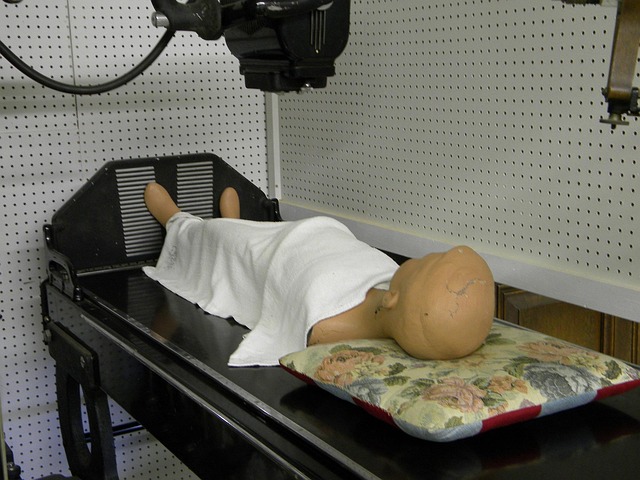
Dizziness and neck pain are common symptoms experienced by individuals after a concussion. This condition, often referred to as post-concussion syndrome, can persist for weeks or even months following the initial injury. Chiropractic treatment has emerged as a promising approach to managing these symptoms. Chiropractors focus on the spine’s alignment and overall nervous system function to alleviate pain and improve balance.
The relationship between dizziness, neck pain, and concussions is complex. Concussions can lead to dysregulation of the vestibular system, which is responsible for maintaining balance and spatial orientation. Simultaneously, the neck muscles and joints may become hypersensitive, contributing to persistent pain. Chiropractic manipulation, along with specific exercises and rehabilitation techniques, aims to restore normal spinal function, reduce inflammation, and enhance recovery from concussion-related dizziness and neck pain.
Chiropractic Care: A Non-Invasive Approach for Concussion Recovery
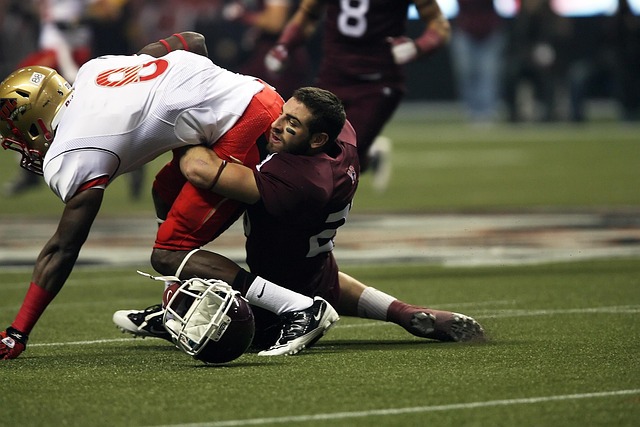
Chiropractic care has emerged as a valuable non-invasive approach for individuals recovering from post-concussion dizziness and neck pain. Chiropractors focus on the manipulation and adjustment of the spine to alleviate pressure and improve nerve function, addressing potential misalignments that may contribute to symptoms after a concussion. This gentle form of treatment can help reduce inflammation and promote healing in the affected areas.
Unlike surgical interventions or pharmaceutical drugs, chiropractic treatment for concussion injury prioritizes the body’s natural ability to heal itself. It aims to restore mobility, enhance joint function, and alleviate pain without the need for invasive procedures. The holistic approach of chiropractors considers not just the physical symptoms but also the patient’s overall well-being, offering a tailored recovery plan that supports the body’s natural response to concussion.
Effective Strategies to Alleviate Post-Concussion Symptoms
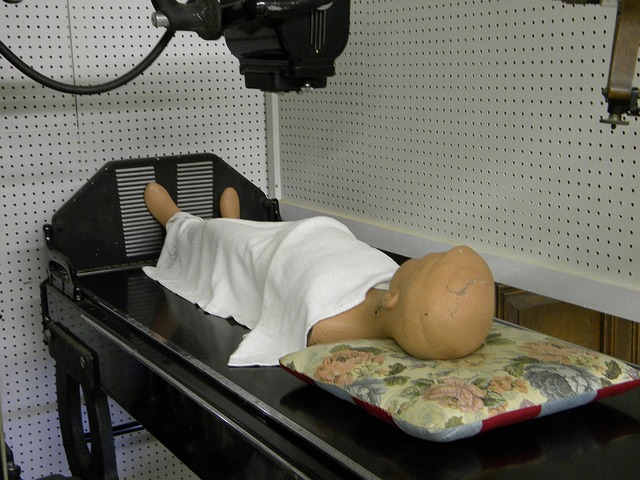
Many individuals experiencing post-concussion dizziness and neck pain find relief through alternative treatment methods, with chiropractic care emerging as a popular choice. Chiropractic treatment for concussion injury focuses on adjusting the spine to reduce pressure and improve nervous system function. This gentle technique can help alleviate symptoms associated with concussions, including dizziness and neck stiffness.
Chiropractors often incorporate additional therapies like heat or ice treatments, electrical stimulation, and exercise recommendations into their care plans. These strategies work in conjunction with chiropractic adjustments to provide comprehensive relief from post-concussion symptoms. By addressing the underlying spinal misalignments and promoting overall neurological balance, chiropractic treatment can help individuals recover more effectively and return to their regular activities sooner.
Many individuals experiencing dizziness and neck pain after a concussion find relief through non-invasive chiropractic care. By addressing spinal misalignments and promoting proper nerve function, this approach can significantly alleviate post-concussion symptoms, enabling patients to safely return to their active lifestyles. While further research is needed, the effectiveness of chiropractic treatment for concussion injury is growingly recognized, offering a promising alternative for those seeking holistic recovery options.
